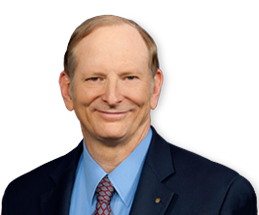AB 57, which should be called the “Cell Site Gift Act of 2015” was amended yesterday in the Assembly to add real fangs intended to bite Californians in favor of the wireless industry.
The bill by Assembly Member Bill Quirk (D, 20th) now simply says the following:
(a) A colocation or siting application for a wireless
telecommunications facility, as defined in Section 65850.6, shall
be deemed approved if both of the following occur:(1) The city or county fails to approve or disapprove the
application within the time periods established by the Federal
Communications Commission in In re Petition for Declaratory
Ruling, 24 FCC Rcd. 13994 (2009).(2) All public notices regarding the application have been
provided consistent with the public notice requirements for the
application.(b) The Legislature finds and declares that a wireless
telecommunications facility has a significant economic impact in
California and is not a municipal affair as that term is used in
Section 5 of Article XI of the California Constitution, but is a
matter of statewide concern.
The Plain English translation of what Assembly Member Qurik now proposes on behalf of his wireless industry supporters is this:

‘Any wireless siting application of any kind, if not either approved or disapproved by a city or county after public notice in the time limits set by the FCC, shall be DEEMED APPROVED.’
Essentially, Assembly Member Quirk extends the deemed approved remedy greatly benefiting his wireless industry supporters to every kind of wireless project in California, which goes far beyond what the FCC has done.
The timing of this bill is very interesting. At the very moment that Assembly Member Quirk is trying to super-bootstrap a portion of the FCC rules to all wireless projects in California, those federal rules are under attack in a federal law suit filed in the 4th Circuit Court of Appeals.
Now is the time to start writing to your Assembly and Senate members to tell them that you don’t want the wireless industry to have super-rights not intended by either Congress or the FCC, and special state-level rights intended to make it almost impossible for the public to effectively argue against cell sites that detrimental to community aesthetics.